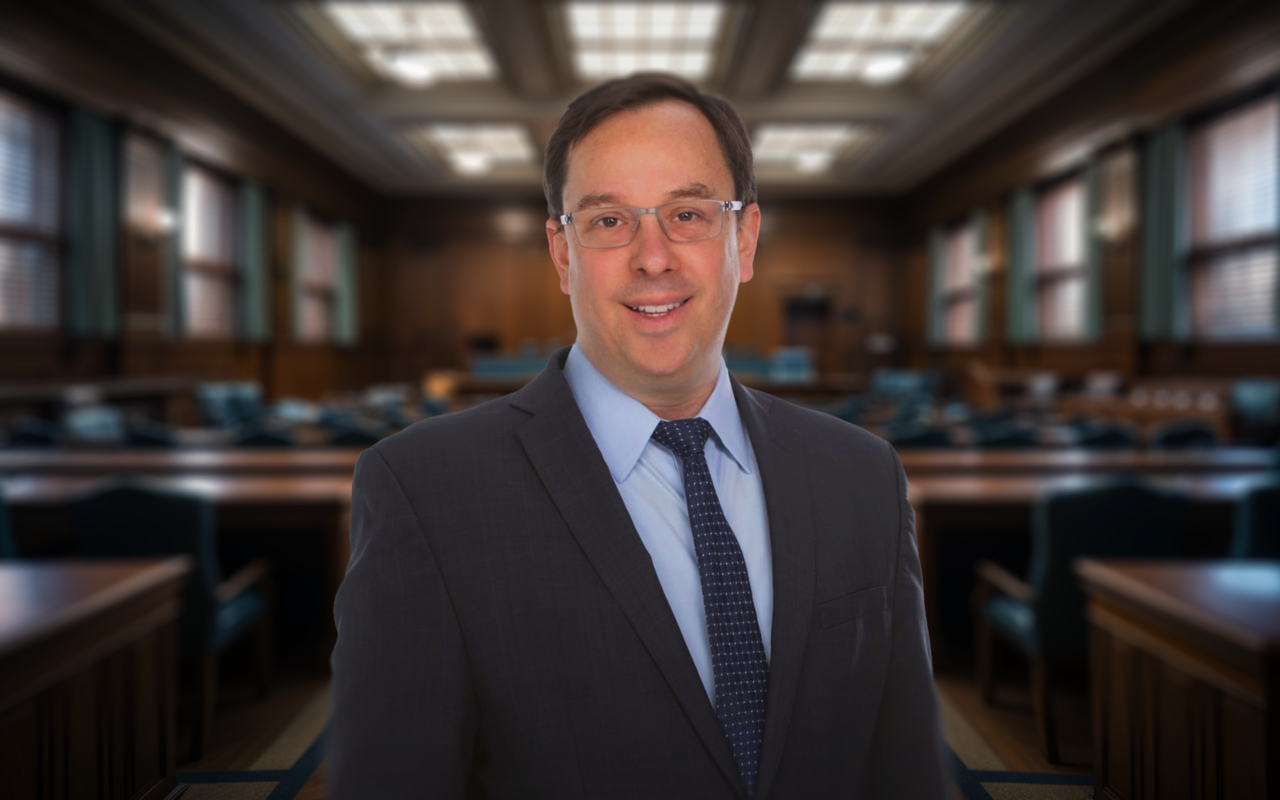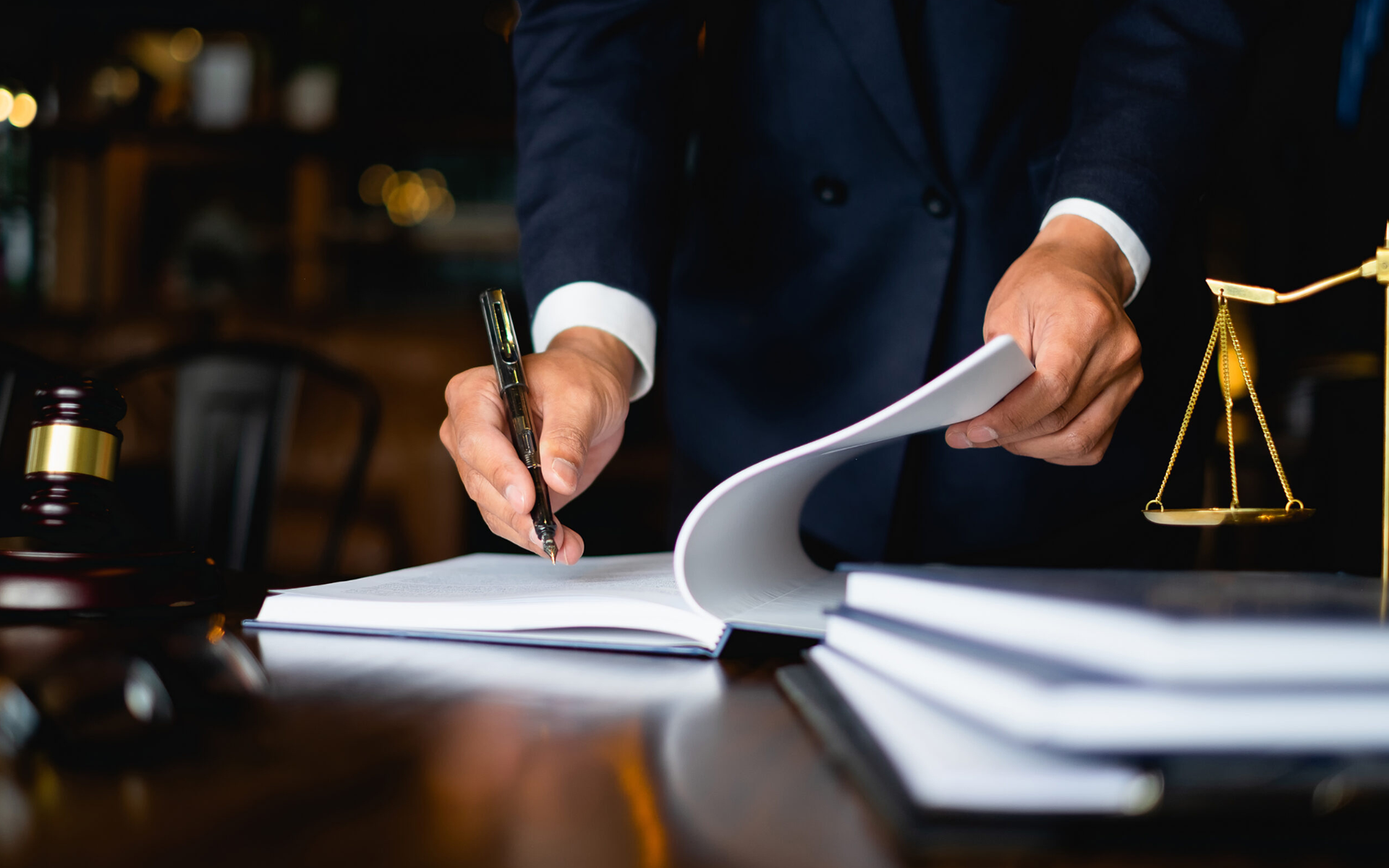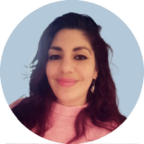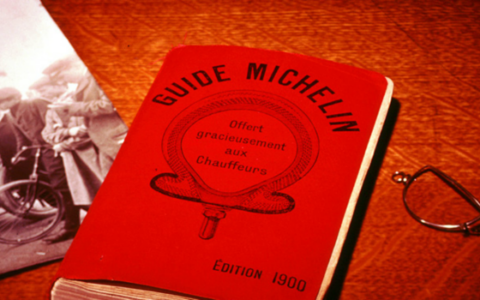It takes a certain kind of inner strength and perseverance to effectively defend people accused of a crime. But for David Bell, one of the most distinguished and sought-after criminal defense attorneys in the United States, helping people when they need it the most comes naturally.

David Bell has practiced law for over 25 years, during which he worked as a public defender as well as a tax and estate planning attorney. After representing thousands of clients in matters ranging from misdemeanor assault to first-degree murder, he joined Wyrsch Hobbs & Mirakian, one of Kansas City’s premier law firms, in 2007, where he is now a shareholder.
Bell currently focuses his practice exclusively on criminal defense matters, working on cases including sex crimes, domestic violence, white-collar allegations, and drug possession and distribution. He has been able to get many of these charges dismissed and has secured numerous acquittals. In some cases, he has negotiated plea bargains with the prosecution.
With a successful track record and a high degree of ethics, Bell has earned several awards and honors and has been recognized by Super Lawyers as one of the top-rated attorneys in the United States. Dozens of online reviews attest to his outstanding abilities, with one describing him as “everything you'd want from an attorney when you find yourself in a potentially compromising situation”. Bell is also known for demonstrating empathy, a trait that sets great leaders apart and which has enabled him to better understand his clients and their circumstances.
eWay recently sat down with Bell to talk about his remarkable journey to becoming a seasoned criminal lawyer, how he deals with clients, and what keeps him going every day.
Can you take us briefly through your career journey? How did you end up being a shareholder in a criminal defense firm in Kansas City?
Bell: I grew up in Kansas City. My grandfather was a lawyer, and my dad was a CPA, which is like a tax professional. From that, I always thought I wanted to be a lawyer. When I went into business school as an undergrad and pursued tax law, I thought I'd be a tax lawyer. Then when I got out and became a tax lawyer, I found that I didn't enjoy it, because it didn't provide the connection [with people] that I needed to stay motivated. Intellectually, it was challenging, but I enjoy getting to know people and their experiences and learning about their lives and backgrounds. That's not really relevant information when you're looking at tax law. I also wanted to be in court.
So, I left that to become a public defender in Jackson County, Missouri, where there's enough people in a small enough area, and a number of different crimes that are occurring or at least being charged. I got a lot of experience working with individuals. I was representing defendants facing a second or even third murder charge or representing persons being charged with sex crimes against multiple people over a long period of time. I didn't know if I was able to help anymore. So, I left that to become a private criminal defense attorney. I've been at the firm since 2007 and just risen up to become a shareholder.

That was quite a pivot. How easy was it to do and what obstacles did you generally face throughout your career?
Bell: Any kind of settling into what I enjoy doing. The first obstacle was that I had a good educational background in a specific area of the law, and it wasn't necessarily the right fit, so the struggle was finding where that fit was. I found that I can still use my tax and business knowledge in the cases that I work on; I do a lot of white-collar cases. So, finding that fit, becoming more mature, and better understanding myself probably all contributed to me enjoying it more.
Why did you decide to join a firm versus working on your own?
Bell: First, my personality is that I always like to have someone to bounce ideas off of. I also like the connection with people. Being alone in my own firm would be somewhat lonely. In addition, when you’re a sole practitioner, you have to be your own administrator, businessperson; you have to be all these different roles. I, for the most part, wanted to play the lawyer role. When you work with a firm, there's an established accounting system, and you don’t have to worry about who’s going to lease the building. Also, there are a lot of things I don't know so working with more experienced people means I can learn from them. Whereas if you're on your own, surely you can network with people, but I can just go next door and talk to somebody.
You have many positive reviews online and you are one of the best in your field. From your experience, what does it take to become a successful criminal defense attorney?
Bell: I can't really say that I'm smarter or better than anybody, I certainly have some skills. But I think what differentiates me from a significant number of people is that I care about the client and the result. So, it’s not only transactional; it's not you coming to me to do this one small thing and then you're going to leave like a convenience store. It’s not like that.
I want to see you as a client get better, whatever that means. It could be that you're struggling with something and that's why you find yourself in the criminal justice system. It could be that you're under a lot of stress and pressure, and I want to know about that. I want to know about your family, how this is impacting you, and what consequences there could be in the future from this I'm interested in dealing with the whole person rather than just this one aspect of your life. Because in criminal law, in cases that I deal with, it's very difficult for people to compartmentalize things. It has such a broad impact over the rest of your life, particularly in the moment but sometimes over the future, that you can't just go in there and deal with this one little thing; you have to deal with the whole person.
That seems to resonate with people, and they want that, particularly when they're dealing with a system they don't understand and they're nervous and stressed. They need to develop a trust. So, imagine me serving the role of a lawyer, a social worker, a therapist, a clergy – all of those things wrapped into one. I think that helps give my clients some peace of mind. I believe they find that relationship more fulfilling than they would if it were more transactional.
Let’s talk about one of the toughest aspects of your job – keeping personal feelings separate from work. How do you manage this delicate balance of empathizing with clients whilst also detaching emotionally from the case and simply looking at the facts?
Bell: That's a good question. First of all, that comes with age a little bit. It's difficult because certainly, you can become emotionally involved with people. And you don't want it to be like a hospital setting, where you're separated too much. So, how do we represent clients that have done really bad things? That’s a question I usually get.
At this moment in my life, I believe there's a spark of the divine in each person, and that is pure, without change. People call it different things in different religions; it doesn't matter frankly. It exists in everybody, and that value is without a doubt. Then you wrap that in with genetics, life experiences. systemic issues, and that produces the people we see, it produces you and me. So, when I'm representing someone, I'm representing that spark within that person, and not necessarily what they've done. That's where I make the connection. If you've done a terrible thing, I'm not excusing that, but I'm not representing the terrible thing; I'm representing you, that spark within you. That's the paradigm I seek.
Certainly, there are cases you get where you really believe your client is innocent, and those are harder to detach from emotionally, but you just do your best. It’s tough because the emotional attachment can sometimes come with energy – energy to stay up a little bit later, to fight a little bit harder, so you have to find that balance. It worked well when I was single. I would be up all night, I didn't have to answer for anybody, and there was no one else asking for my time. But now I find other places I want to spend my time, so I’ve had to work harder to find that balance.
I do mindfulness and meditation, and I try to exercise. But I'm aware. One of the issues is being aware of that very issue. If you become more aware of it, you have to make some decisions and hopefully I'm balancing it properly. Also, I work with people at my law firm and other attorneys and support staff, so it's a team effort.

So what’s a typical day like for you?
Bell: Usually, I'll have court once or twice a day and there will be phone calls to answer. Sometimes there will be emergencies that come in – a search warrant, someone who's not yet a client but they need help, or someone who has just been arrested and they need help or the family needs help. That part I can't really predict. I have ongoing trial cases that I'm getting ready for. It’s constant juggling and rarely ever the same thing twice.
Why did you choose to work in Kansas City after studying in New York? What do you like most about this city?
Bell: My family is from Kansas City and some friends were here, so I moved back after school. Kansas City may not be a place that people on the East Coast go to generally, but it’s comfortable and you can be successful in what you want to do and have a good work-life balance. We may not have the depth of culture but there's enough here that if you're intellectually curious, you can satisfy yourself. In addition, you can work and live within relative ease of each other and that decreases the stress. I love the fact that my in-laws and parents are here. When I lived in New York for three and a half years when I was in school of law, it was fun as a law student, but there's just a lot going on. While I was able to run with the individuals there while I was in school, I don't know if long term I would’ve been able to do that.
I understand you joined a virtual cycling club from your basement during wintertime and you connect with interesting people through this group. Tell us more about that.
Bell: There’s a virtual program for cycling called Zwift. I wanted to start exercising again. With this app, you can take your bicycle that you ride outside, put it on a trainer, and enter a virtual world. As you pedal, your cadence appears on the screen and your avatar pedals at approximately the same speed. Then as you go up and down the hill, the trainer automatically adjusts the resistance.
A component of this club is that while you’re riding, you could talk to people through Discord app, on a channel we created for those rides. So, I started a few rides at 6am Kansas City time; that's the time I had available, and I just promoted them. I didn't want to be alone in my basement exercising, so I formed a group of people from all over the world whom I could talk with on a daily basis. I find the companionship more energizing. It's basically gamifying the cycling experience, and it’s fascinating that you can use your own bike. Later on, I started a cycling group here with people, and we cycle outside weekly.

You’re also a host on “Jaws of Justice” on 90.1 KKFI radio station, a show where you explore various aspects of the criminal justice system through interviews with different people. How did you get into podcasting?
Bell: I got a call from the radio station, and they wanted someone to talk about criminal law. I was a guest and eventually that turned into me getting a show. So, for the past few years, I’ve been hosting a show once a month, which I love doing. I just pick things of interest to me; I don't get paid. I get to meet interesting people in the interviews which is also part of what I enjoy.
Would you say these podcasts complement your work and if so, how?
Bell: It’s sort of a way for me to study criminal law and understand how a person gets to this point in their lives. Then in representing that person, how do you express their position or desires to a prosecutor or court. I think you have to understand that person, and to do that, you've got to be empathetic. It’d be nice to also have a desire to learn and be curious. So, when I sit down and talk to a guest, it's pretty much like I'm talking to a client. I'm getting to know them and trying to understand their thought process, to the extent that I have to analyze the facts of the case. I'm able to place it in the proper context because everyone comes to the situation differently. There are certain commonalities, but we're all different. Studying people also helps me to learn more about myself.
Clearly, criminal law is one of the most difficult fields of law to handle. How do you avoid work fatigue and stay motivated?
Bell: It helps when you work with people you feel comfortable with. We deal with a lot of intimate topics and the ability to be open about that with other people greatly helps. We deal with other attorneys and support staff, they all do this type of work too, and so the language that is used and the discussions are different. I mean, we can be at lunch in the break room, talking about things you're not going to be normally talking about at a lunch/dinner table. It's just part of the conversation but having that ability to be open and to talk about everything helps.
In terms of avoiding fatigue, I think it goes back to the people you work with, and certainly I work with some really good people. There's some laughter there, some joy, and it helps with the stress. One cool thing about criminal law that I found is that in a smaller firm, you can be who you want to be. You're not forced to play a role too much within the firm. Because you deal with such emotionally laden stuff, you don't have a lot of energy to pretend to be someone or exist within some hierarchy within the organization. Certainly, you know what the hierarchy is, but people are just able to be themselves and this helps in bringing about the opportunity for fun, because it's not stifling. Imagine if you had to dress a certain way and act a certain way in the office, it would be awful. I wouldn’t really be able to handle that and the emotional aspect.
If you weren’t a criminal defense attorney, what do you imagine doing that would bring you similar satisfaction?
Bell: I do enjoy doing the podcasts a lot. I enjoy interviewing and getting to know people, talking to them about themselves and about their lives, so probably podcasting, speaking to groups. I wouldn’t say motivational speaker but definitely along the lines of discovering your own potential. That’s what the podcasts are about; they're about my journey and other people’s journeys, so I would probably do that if I wasn't a criminal defense attorney.
Finally, what’s the best comment you’ve ever received from a client?
Bell: I had someone tell me that I’m the GOAT (Greatest Of All Time), that’s the one I remember most recently! All of the reviews I’ve gotten have been heartfelt.











